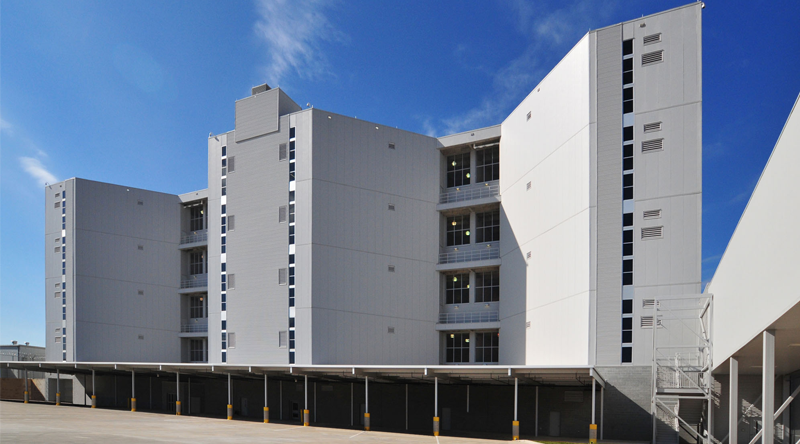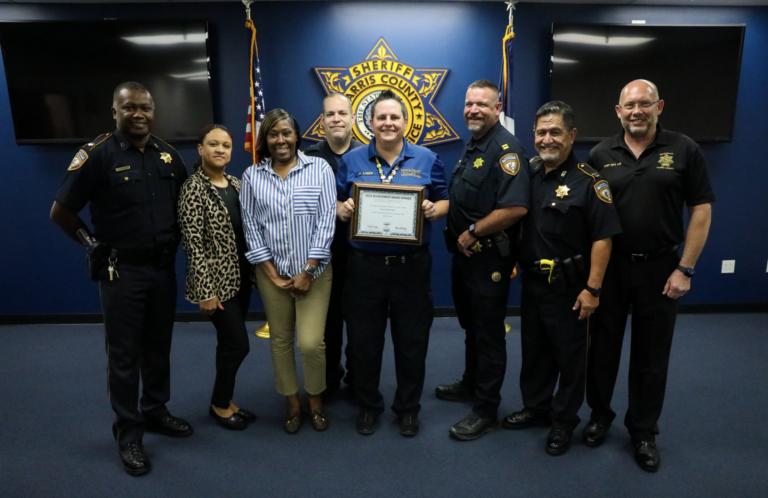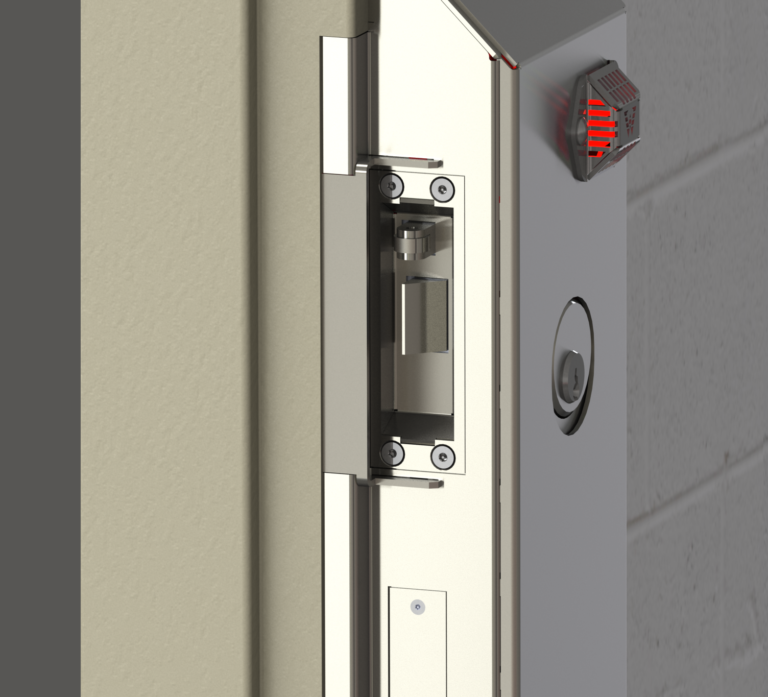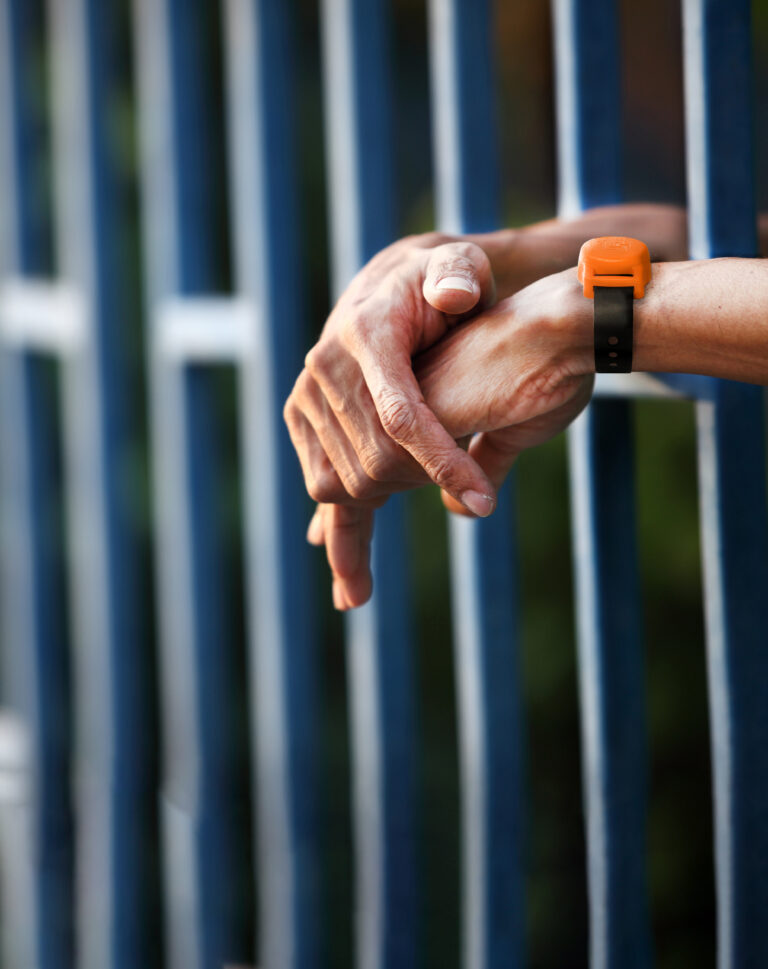NELSON Grows Focus on Trauma-Informed Design for Female Inmates

By CN Staff
MINNEAPOLIS—A past study by the US Department of Justice shows that female inmates experience more mental health problems than their male counterparts (state prisons: 73% of females and 55% of males / federal prisons: 61% of females and 44% of males). In some older prisons, living conditions are so poor that these issues have escalated to a national health crisis.
NELSON Worldwide, based out of Minneapolis, has a team of architects who pay attention to the specific problems experienced by female inmates and are dedicated to solving them. By practicing trauma-informed design and examining individual and shared traumas and experiences of incarcerated women, NELSON implements transformative elements to correctional and detention facilities, including:
- Gender-responsive design: Recognizing the distinct experiences and requirements of female inmates, like safety, privacy, and the promotion of a supportive environment.
- Improved living conditions: Providing larger and more comfortable living spaces and increasing access to natural light and appropriate ventilation.
- Privacy and dignity: Designing facilities to ensure privacy in personal hygiene activities, such as toilets and showers, by incorporating individual or semi-private spaces.
- Family spaces: Incorporating spaces that allow for visitation and interaction with children and family members. These areas may include child-friendly play areas, family visitation rooms, and spaces for maternal bonding and breastfeeding.
- Healthcare and mental health: On-site medical and counseling facilities, ensuring confidentiality and providing a comfortable and welcoming environment for seeking care.
- Programs and support spaces: Accommodating a range of programs and support services tailored specifically for female inmates, such as educational and vocational training spaces, therapy rooms, counseling offices, and areas for recreation and exercise.
- Natural and therapeutic environments: Incorporating natural elements, such as outdoor spaces, gardens, and landscaping, can help create a more therapeutic environment for female inmates. These elements promote relaxation, connection to nature, and opportunities for physical activity and recreation.
- Safety and security: Implementing appropriate security measures to ensure the safety of inmates, staff, and the community. This may include controlled access points, surveillance systems, and well-trained staff.
Recent NELSON Projects include:
Haralson County Detention Center – NELSON renovated and converted 28,000-SF of an existing probation detention center in Buchanan, Ga., into the county jail (and sheriff’s office). The result is a 124-bed detention center with six outdoor fenced recreation yards, laundry, and kitchen.
Cobb County Adult Detention Center – NELSON worked with the Cobb County Sheriff’s Office in Marietta, Ga., to project future program needs and develop a master plan to match those needs with a new detention center. The team conducted extensive research to ensure the facility would operate at maximum efficiency and safety, by visiting new intake centers across the country. This research led to the development of new procedures and processes for the detention center.






